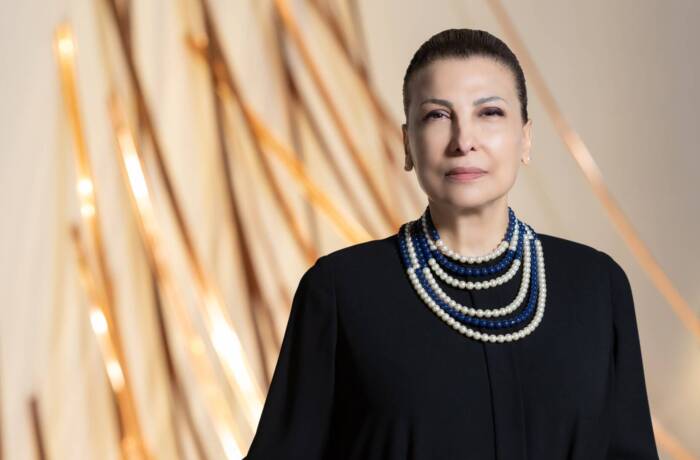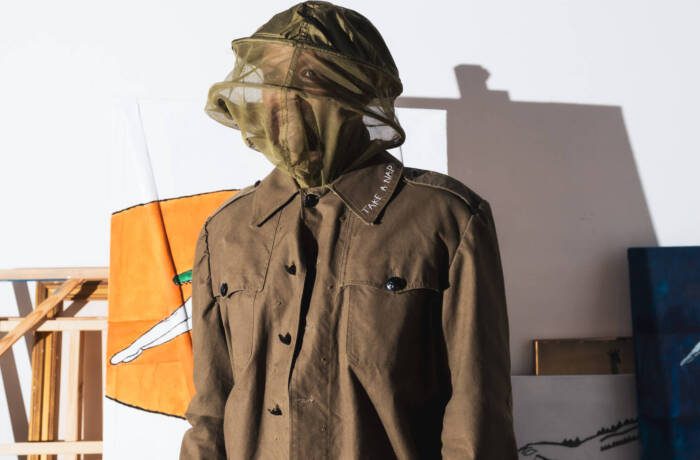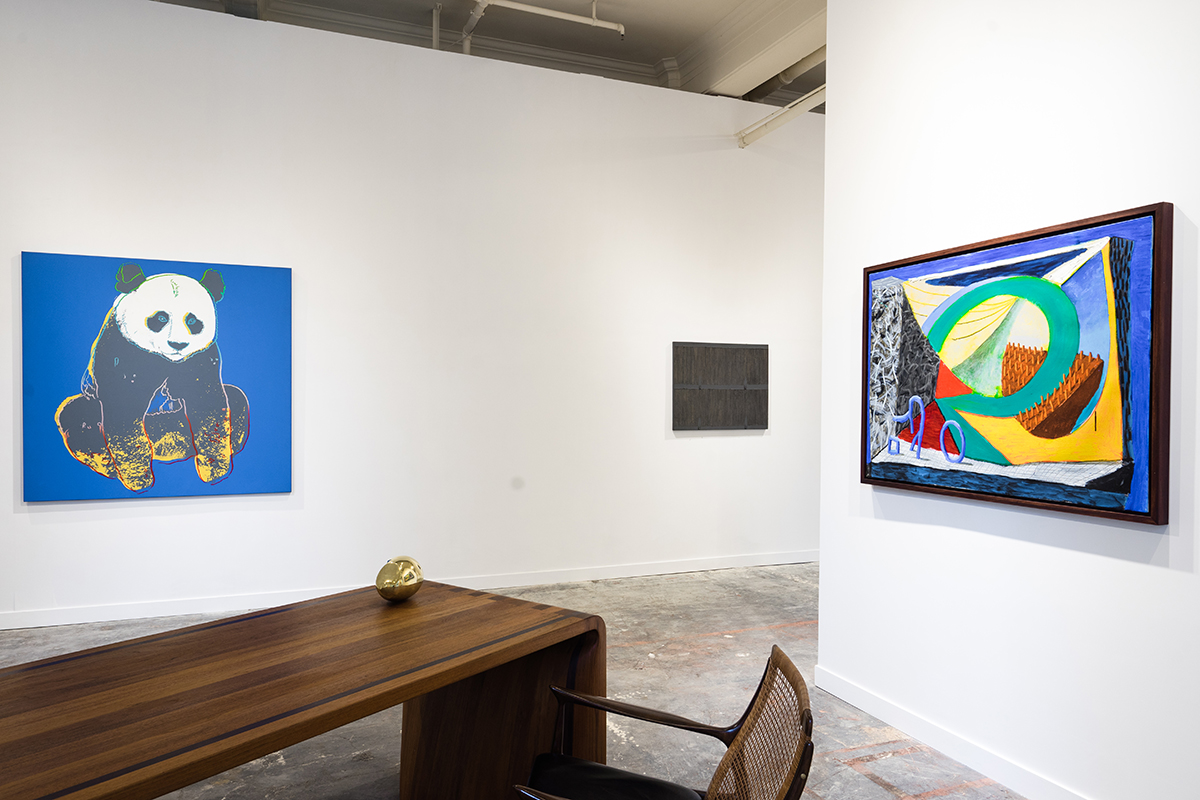
Installation view of the ‘What’s Up’ exhibition curated by Lawrence Van Hagen in Hong Kong
Lawrence Van Hagen set out to start a travel tech company, and somewhere along the way, ended up curating a successful series of art exhibitions dedicated to supporting emerging artists. Now, Van Hagen runs LVH art, a business dedicated to helping clients navigate the international art market. Here, we speak to the entrepreneur about his unexpected career path, his favourite places to see art and how to start building a collection.
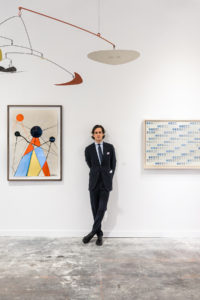
Lawrence Van Hagen
1. Can you tell us more about the What’s Up exhibitions and how you found yourself in the role of curator?
I started a travel start-up and in order to raise funds for it I decided to curate an art show. I wanted to curate a show since my family is in the arts. My mother has her own art foundation, collects, curates exhibitions and writes books on art. We decided to curate a show called What’s Up based on what’s up today in the art world with a focus on artists to look out for, whether they are young or established. We had the first show in Soho, New York with two spaces, 50 artists and 100 artworks. The next show turned out to be even more successful than the first.
Follow LUX on Instagram: the.official.lux.magazine
We have now had shows in New York, London, Hong Kong and Seoul. I work closely with my mother. It’s more my project, but my mother gives me a huge amount of advice and help. It is nice to be able to bounce ideas off one another. The good thing about working with family is trust, you know for sure with family. My mother has kind of been my mentor and taught me what I know today since I didn’t go to art school. However, since I was a kid I was immersed in the arts and always lived with art which led me to start started collecting at a young age.
2. Do you see yourself as a mediator between established and new artists?
A big thing I do with the shows is I tend to bring emerging artists or mid-career contemporary artists together with very well known names. I blend them and create a dialogue between both. I find similarities in inspiration, historical aspects, colours or medium between the established and emerging artists. I do the shows this way since I think that it is interesting and I believe that in order to attract people to a show with emerging artists, you need work by household names as well. Also, when you have younger artists at a show, it keeps the older generation more current. This way of curating shows has enabled me to have a client base from 20 to 80 years old. The older collectors have the most amazing collection of well known artists but now consider acquiring work by a young artist from the shows. I have noticed that the public enjoys shows set up this way.
3. Do you buy art for its beauty or as an investment?
My taste is very classic, I tend to focus on art that is more beautiful than conceptual. However, one thing I tell everyone including myself is to focus on buying what one likes. Whether it is beautiful work or not, it is important to know that you love the work. Second, it’s important to consider investment. For me, it’s a factor of the acquisition in my collection. If it is a very young artist, I tend to not look at it. However if I spend a certain amount of money, it has to have an investment purpose. I will not just spend a big amount of money on something I like, it has to also be of value and something I believe in. One thing to know about the shows I do is that many of the artists we showcase are artists that my mother and I collect. I love to promote the artists from my shows. Lastly, it is more important for people to find what they like, than to have an advisor tell them if what they like will be a good investment.
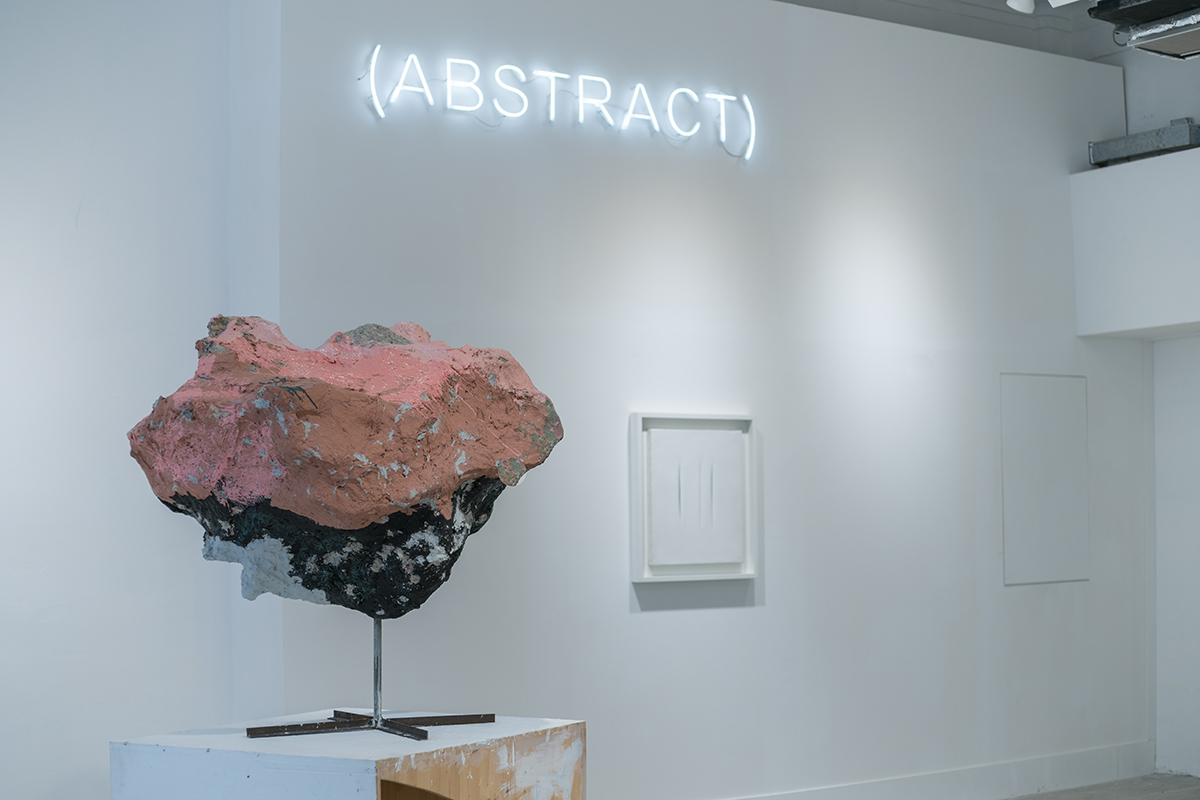
Artworks featured in one of the ‘What’s Up’ by artists Franz West, Stefan Bruggemann and Lucio Fontana
4. Which artists’ work do you have at home?
I have a selection of young and old artists. I have beautiful work by Georg Baselitz, who is a well known German painter and sculptor. I have two works by a young artist Donna Huanca, who is based in Berlin. She is an incredible artist, who just did a show at the Belvedere Museum in Vienna. In my entrance, I have a work from the 90s by the American artist Robert Rauschenberg. I have work by Sean Scully, Stefan Bruggemann, Stanley Whitney and George Smith. In the bedroom, I have a beautiful 60s Kenneth Noland. There’s a lot more too.
In my house, I mainly have contemporary work, but with simple classic older artists. Most of the younger artists are a part of my collection and the other work is from my mother. I tend to borrow as well. I always move the artwork around in my flat to create a different aesthetic. I am lucky because the ceilings in my apartment are very high which is rare in London, so I can hang up 3 metre work. It is important for me to keep a lot of art in my house since it is my passion and profession, and I also throw dinner parties where friends come over and they can see what I do. A few pieces of art makes a big difference to a home.
5. Best place to see art in London?
It depends what type of art you are looking for. In terms of galleries, if you want to see more established artists or big shows, all the major galleries from David Zwirner and Gagosian Gallery in New York to Simon Lee in London are great. In London, if you want younger artists, it is good to go to the east end or south of London where you have Carlos Ishikawa and Emalin gallery. When it comes to museums, my favourites are Tate Modern and Whitechapel Gallery for contemporary art. Tate Britain and Royal Academy are also great. Auction houses always have incredible work. If you are not looking for a curated show and you just want to see beautiful paintings, I would recommend the private view before sale at Christie’s, Sotheby’s and Phillips. The auction houses have anything from contemporary to established and renaissance pieces. Lastly, to be honest the number one place to see art in London is in people’s homes. Often artists have incredible work in their homes since they trade with people they know.
6. As travel was your first business venture, what’s your next destination?
My next big trip is to Indonesia. I want to visit the Raja Ampat Islands on New Guinea. I also want to see the Komodo Islands with the Komodo dragon when I am there as it is close by. I travel every week as it is part of my work and I love it. I get to see many beautiful places on work trips, however it is still work for me. Therefore, my personal travels are very meaningful and I like to travel quite far to experience something different. My last big trip was to the North Pole. I like to do adventure trips. I am not a very resort-y person, but I always make sure the adventures are mixed with comfort. If anyone needs a travel guide, I am the guy to ask!
Follow Lawrence Van Hagen on Instagram: @lawrencevh
Interview by Andrea Stenslie

